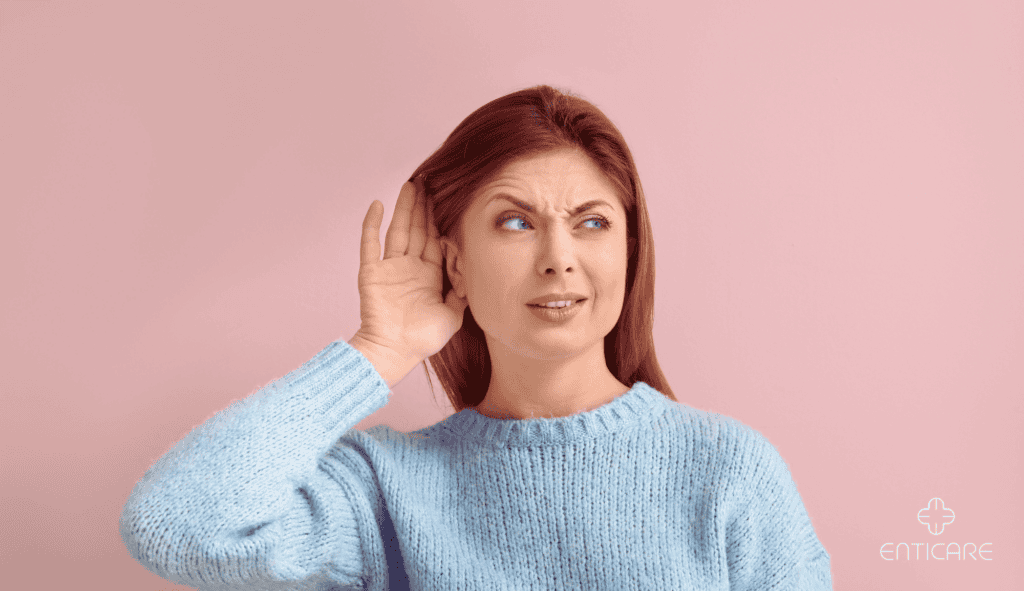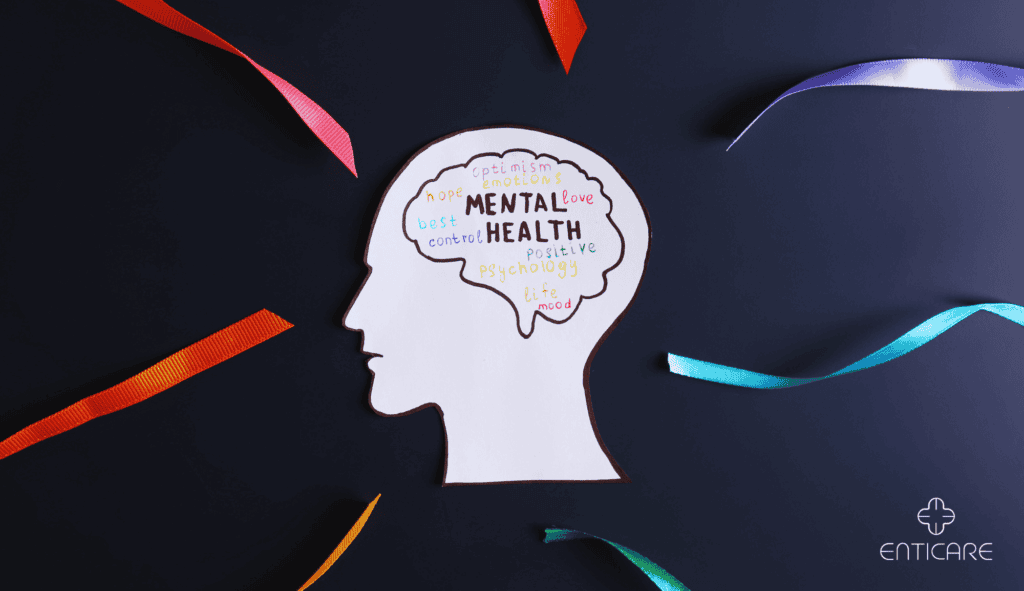Hearing loss affects more than just one’s ability to perceive sounds—it also impacts personal relationships, leading to misunderstandings, social isolation, and frustration for everyone involved. Thankfully, treating hearing loss doesn’t just restore your hearing; it improves communication, strengthens bonds, and enhances quality of life for you and those close to you. In this blog, we explore how addressing hearing loss positively transforms your relationships and fosters a healthy relationship through effective communication.
The Connection Between Hearing Loss and Relationship Strain

Hearing loss can introduce strain into relationships. Here’s why untreated hearing issues often create challenges in communication and connection:
Increased Misunderstandings
When people have trouble hearing each other, it leads to frequent miscommunications. The hearing-impaired individual may miss key points or misunderstand tones, which can result in frustration or confusion for both parties.
Frustration and Emotional Distance
Struggling to communicate leads to frustration, which can create emotional distance between loved ones. Over time, these communication struggles may result in less willingness to engage in meaningful conversations.
Social Isolation Due to Untreated Hearing Loss
Many individuals with untreated hearing loss begin to avoid social settings, fearing embarrassment from asking others to repeat themselves. This behavior can lead to withdrawal from social events, and close relationships may suffer from a lack of quality time.
Why Hearing Aids Enhance Communication Quality
Addressing hearing loss improves communication, helping couples, families, and friends reconnect in meaningful ways. Here’s how:
Reduced Need for Repetition
Residual hearing allows individuals to follow conversations with ease, which reduces the need for repetition and increases efficiency in communication. This improvement lowers frustration for both parties and allows smoother interactions.
More Engagement in Conversations
Treatment allows individuals to engage more confidently in conversations, leading to richer, more enjoyable discussions. When people feel they can contribute meaningfully, their social confidence grows, benefiting everyone involved.
Better Understanding of Tone and Nuance in Background Noise
Improved hearing allows individuals to catch subtleties in speech, such as changes in tone, inflection, and emotion, which are processed by the inner ear. Recognizing these cues helps conversations feel more authentic and less transactional, deepening connections.
Strengthening Family Bonds Through Hearing Treatment
Family relationships, particularly with spouses and children, often benefit significantly from treating hearing loss. Here’s why addressing hearing issues can bring families closer together:
Improved Quality Time
Hearing well enables families to enjoy activities together—watching movies, attending events, and even simple daily conversations become more enjoyable. This quality time builds stronger bonds and reduces frustration over missed moments.
Reduced Tension and Conflicts
When hearing improves, misunderstandings diminish, which leads to fewer conflicts. Families can communicate openly, understanding each other more clearly, and they experience greater harmony in daily interactions.
Increased Emotional Support
Treated hearing loss allows individuals to offer emotional support more effectively. By hearing concerns and stories, people stay engaged in family members’ lives, offering the empathy and support needed in times of joy and stress.
Restoring Social Confidence and Expanding Social Circles
Beyond family, hearing treatment impacts social life and helps people reconnect with friends and colleagues. Here’s how addressing hearing loss broadens social opportunities:
Comfort in Social Settings
Individuals with treated hearing loss feel more at ease in environments with loud noise, such as restaurants or gatherings. This comfort allows them to enjoy these events rather than avoid them.
Enhanced Friendships
Improved hearing allows individuals to participate actively in group discussions. Being able to engage fully and understand others fosters stronger friendships and reduces feelings of isolation.
Greater Career Opportunities
In professional settings, better hearing can lead to clearer communication and more effective collaboration, which are vital for career growth. Colleagues appreciate the enhanced engagement, and career advancements may become more achievable.
Personal Well-Being: The Impact of Hearing Treatment on Mental Health

Treating hearing loss doesn’t just help relationships; it also positively affects mental health and self-esteem. Here’s why mental well-being improves with better hearing:
Reduced Anxiety and Depression
Trouble hearing often leads to anxiety and depression due to isolation and frustration. Treatment helps restore social connections, reducing these mental health risks and improving overall mood.
Boosted Self-Esteem
Clearer hearing allows people to communicate with confidence. This self-assurance strengthens self-esteem and encourages people to engage socially without fear of misunderstandings.
Improved Cognitive Health
Studies show untreated hearing loss, often linked to issues in the inner ear, can lead to cognitive decline over time. Treating it promotes mental engagement, reduces the risk of dementia, and keeps individuals cognitively active.
Practical Solutions for Hearing Loss
Hearing loss can be a challenging condition to navigate, but there are practical solutions that can help improve communication and overall quality of life. In this section, we will explore some of the most effective solutions for hearing loss.
Navigating Personal Relationships with Hearing Loss

Hearing loss can have a significant impact on personal relationships, particularly intimate relationships. In this section, we will explore some of the ways that hearing loss can affect relationships and provide tips for navigating these challenges.
Dating and Hearing Loss
Dating can be challenging for individuals with hearing loss, but it’s not impossible. Being open and honest about your hearing loss can be a positive aspect of dating. It allows your partner to understand your needs and adapt their communication style accordingly. Simple changes, such as turning to look at the person when speaking, can make a big difference. Encourage your partner to speak clearly and avoid mumbling, which can help you understand them better. Over time, these habits will become second nature, making communication smoother and more enjoyable. Remember, effective communication is key to any successful relationship, and addressing your hearing loss openly can strengthen your connection with your partner.
Take the First Step Toward Healthier Relationships with Hearing Treatment
Addressing hearing loss can transform relationships by restoring communication and connection, but the first step begins with recognizing the issue. If hearing difficulties impact your life or relationships, don’t wait to seek help. A consultation with a hearing specialist can provide options to improve your hearing and, in turn, enrich the relationships that mean the most to you.
Ready to enhance your hearing and improve your relationships? Schedule an appointment with a hearing specialist today to explore your options.
👉 Schedule your appointment here.

